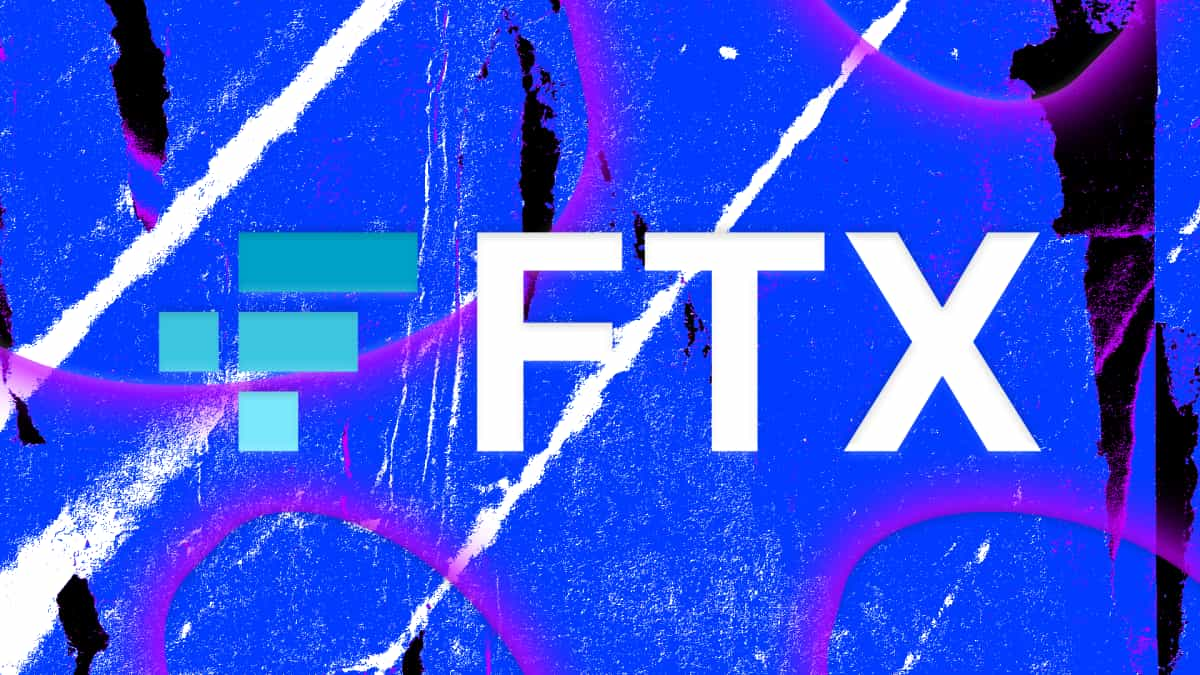Crypto D.C. influence spending levels off after massive boom year

Quick Take
- After several boom years, crypto industry spending on lobbying in the U.S. has cooled in the most recent quarter.
- Relative to the rest of the industry, the sector remains resilient in the face of a challenging market.

Crypto’s footprint in Washington has been on the rise for years. But one year on from the infrastructure fight that brought massive industry attention and lobby funds to the U.S. Capital, the crypto industry’s influence spending is showing its first signs of flagging.
An analysis of the most recent quarterly lobbying findings shows a slight dip of 1% from in the second quarter of 2022 to $7.3 million in the most recent quarter, despite total market cap crashing to roughly a third of what it was a year ago.

Data from federal LDA disclosures; visualization by The Block.
While a relatively small decline as a percentage of the total, the recent shift breaks a yearslong trend of increases in lobbying spending by the digital asset industry. Lobbying for digital assets remains significantly elevated from where it stood at the beginning of 2021, when the total for the first quarter was just $2.2 million.
“When you have companies laying 10, 20% of their workforces off, government relations/policy is still part of that calculus,” says Kristin Smith, executive director of the Blockchain Association.
One recent example was the Celo Foundation. After enlisting a brand-new government relations wing early this year, it cut the department suddenly in October.
“Overall, where we were a year ago versus where we are today is dramatically stronger,” Smith added.
This time last year saw a surge in interest in Washington as a provision to define crypto network operators as brokers in the infrastructure bill provoked an outcry from stakeholders.
“The infrastructure bill was certainly an inflection point,” says Miller Whitehouse-Levine, director of policy for the DeFi Education Fund, which launched in 2021. He also noted that the market crash in May drew a lot of attention, but pointing to grim indicators for the overall economy, he predicted that "crypto is going to drop down the priority list.”
“Certainly, the macroeconomic conditions are top of mind for a lot of lawmakers” says Brett Quick, who recently left the banking trade association Financial Services Forum to become head of government affairs for the Crypto Council Innovation. But crypto, she cautions, “is not completely unrelated.”
All lobbyists contacted noted two core priorities right now: legislation on stablecoins in the House Financial Services Committee and on crypto spot market regulation in the Senate Agriculture Committee. With a dwindling number of days remaining on the legislative calendar, neither looks likely to become law this congressional session. But, as Whitehouse-Levine put it, “the DCCPA certainly has more chance of becoming law this year than the stablecoin bill does.”
The numbers
The Block assembled these lobbying disclosures from firms solely focused on crypto as well as three broader entities (Block, Robinhood and Electronic Transactions Association) whose ongoing political work is largely focused on cryptocurrencies. The three combined fell from $1.46 to $1.19 million in lobbying reported.
The numbers also included some third-party lobbying contracts by Paypal and Meta that solely focus on web3 issues, but they do not include the overall spending from either.
The largest lobbying programs tallied were Coinbase ($1,040,000), the Blockchain Association ($480,000), Block ($420,000), the Electronic Transactions Association ($410,000), Robinhood ($360,000), FTX ($330,000 between global and U.S. entities) and Crypto.com ($310,000).
Below is a breakdown of lobbying spending by sector within the crypto industry. The largest spenders were crypto exchanges like Coinbase and FTX, trade associations like Blockchain Association and Chamber of Digital Commerce, or DeFi developers like Uniswap Foundation and Stellar Development Foundation.

The full list of crypto-focused firms and organizations included that reported over $100,000 in lobbying spending last quarter are Stellar Development Foundation, Ripple Labs, Digital Currency Group, BAM Trading (Binance.US) , Coinbase, Chainalysis, DeFi Education Fund, Dapper Labs, Stellar Development Foundation, Chia Network, Digital Currency Group, FTX (under US business name West Realm Shires Services as well as its global branch), Crypto.com, Coin Center, Block, TaxBit, Electronic Transactions Association, Crypto Council for Innovation, and Robinhood.
Rebecca Stevens contributed analysis to this article.
© 2023 The Block. All Rights Reserved. This article is provided for informational purposes only. It is not offered or intended to be used as legal, tax, investment, financial, or other advice.



